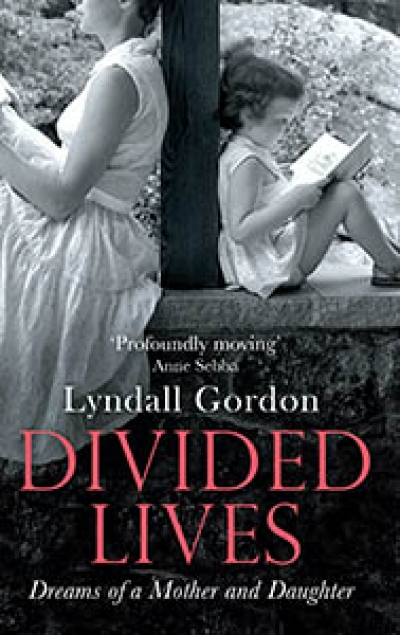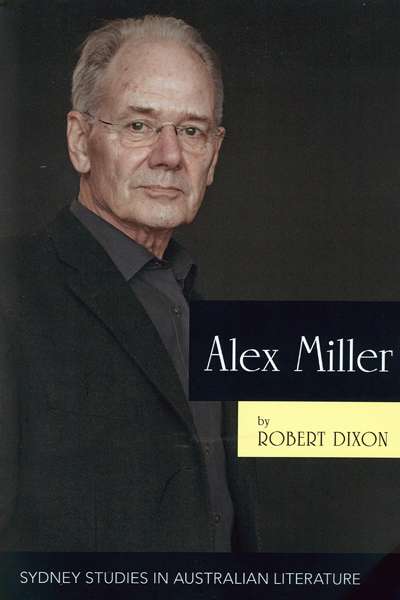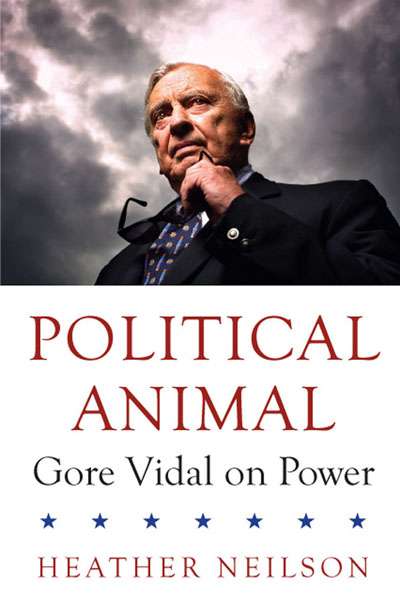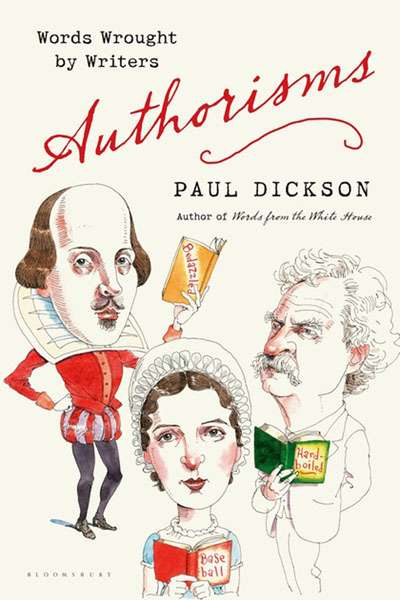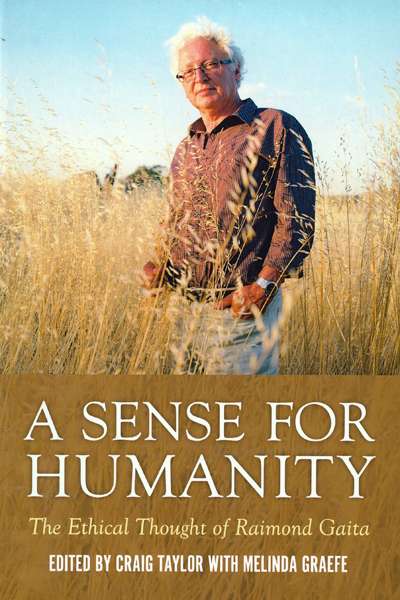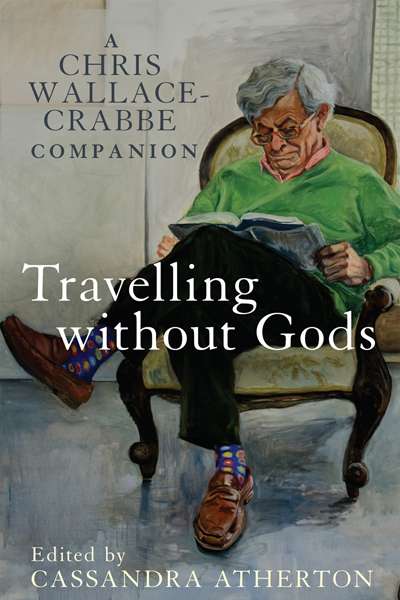Literary Studies
Tennessee Williams: Mad pilgrimage of the flesh by John Lahr
by Ian Dickson •
A Sense for Humanity: The ethical thought of Raimond Gaita edited by Craig Taylor with Melinda Graeffe
by Jean Curthoys •
Tim Winton: Critical Essays edited by Lyn McCredden and Nathanael O’Reilly
by Delys Bird •
Travelling Without Gods edited by Cassandra Atherton & My Feet Are Hungry by Chris Wallace-Crabbe
by Anthony Lynch •
The Cambridge Edition of the Works of Ben Jonson edited by Ian Donaldson et al.
by Lisa Gorton •
An Unsentimental Bloke: The life and work of C.J. Dennis by Philip Butterss
by Dennis Haskell •

